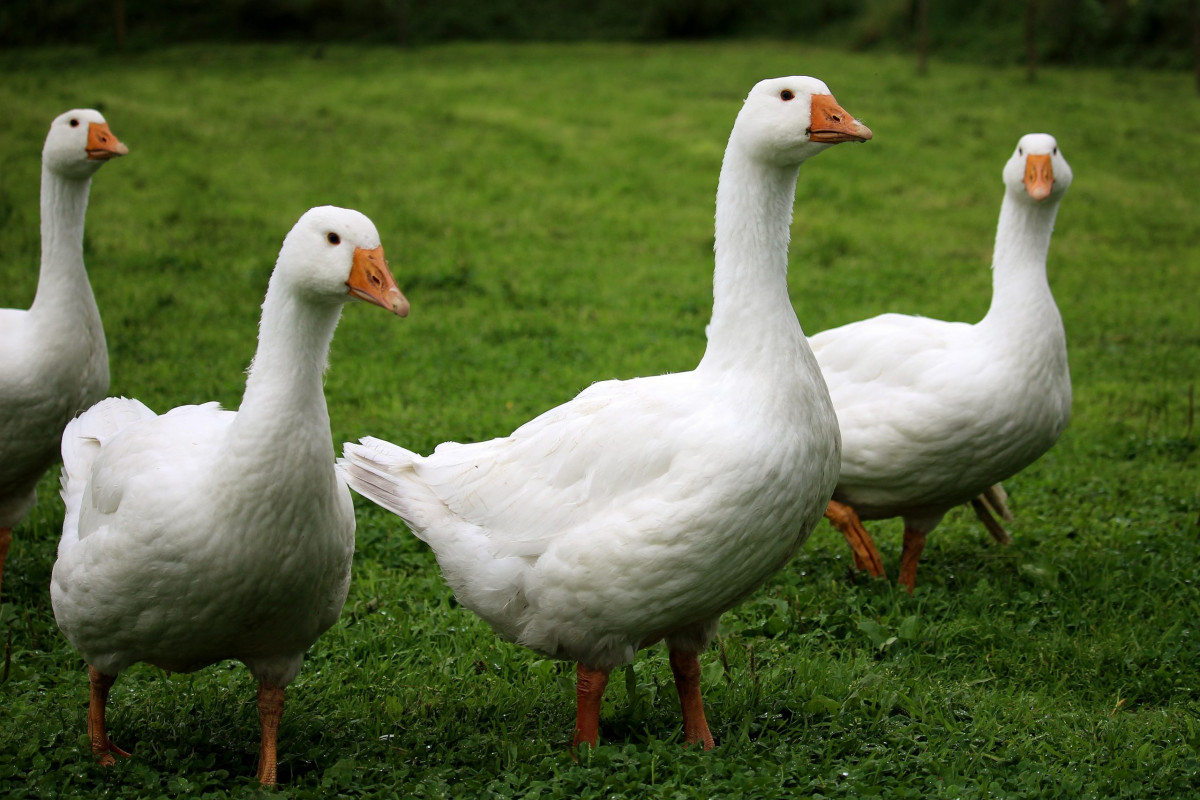Not a huge fan of Google/Alphabet (the company), but I really like Google Scholar. It brings a certain kind of democratisation to science. Unlike commercial giants Web of Science/Clarivate and Scopus/Elsevier (vade retro satanas!), access is free (yes I know, we pay with our data). Moreover, it covers a much wider range of sources than just elite journals, and it happily points one towards pre-prints, institutional repositories and other ungated sources of research.
And Google Scholar (being an aspect of the all-knowing if not all-loving Google Deity) has a knack for uncovering stuff that could (or should) interest me. Occasionally, I get an email suggesting that I should “follow” colleagues X or Y, i.e. get updates about their new publications. As one would expect from Google, these suggestions are uncannily accurate.

A couple of days ago, I received one such recommendation that was also accurate, but uncanny in a completely different way. In this specific case, I’m sure that there will be no stream of new publications that I could follow, because the colleague in question died a couple of months ago, quite young and unexpectedly.
Which, for one morbid moment, made me think of the digital clutter/legacies that we are accumulating every day: the preprints, working papers, published work in journals and ebooks, not to mention the podcasts, video footage of lectures, blogposts (sic!) and everything we are posting on social media. That much of this will be around after our demise, at least for a time, is of course normal. Science must be cumulative, what with the standing on shoulders of giants and all that. What I had not fully appreciated up to that moment is that algorithms will happily continue to harvest our surviving digital twins, whether they are twitter handles or Google Scholar profiles, sending updates about us to other persons (who might be dead as well) until their parent companies go bust or lose interest in that specific service. Goose over my grave etc.
Discover more from kai arzheimer
Subscribe to get the latest posts sent to your email.


Likes
Reposts